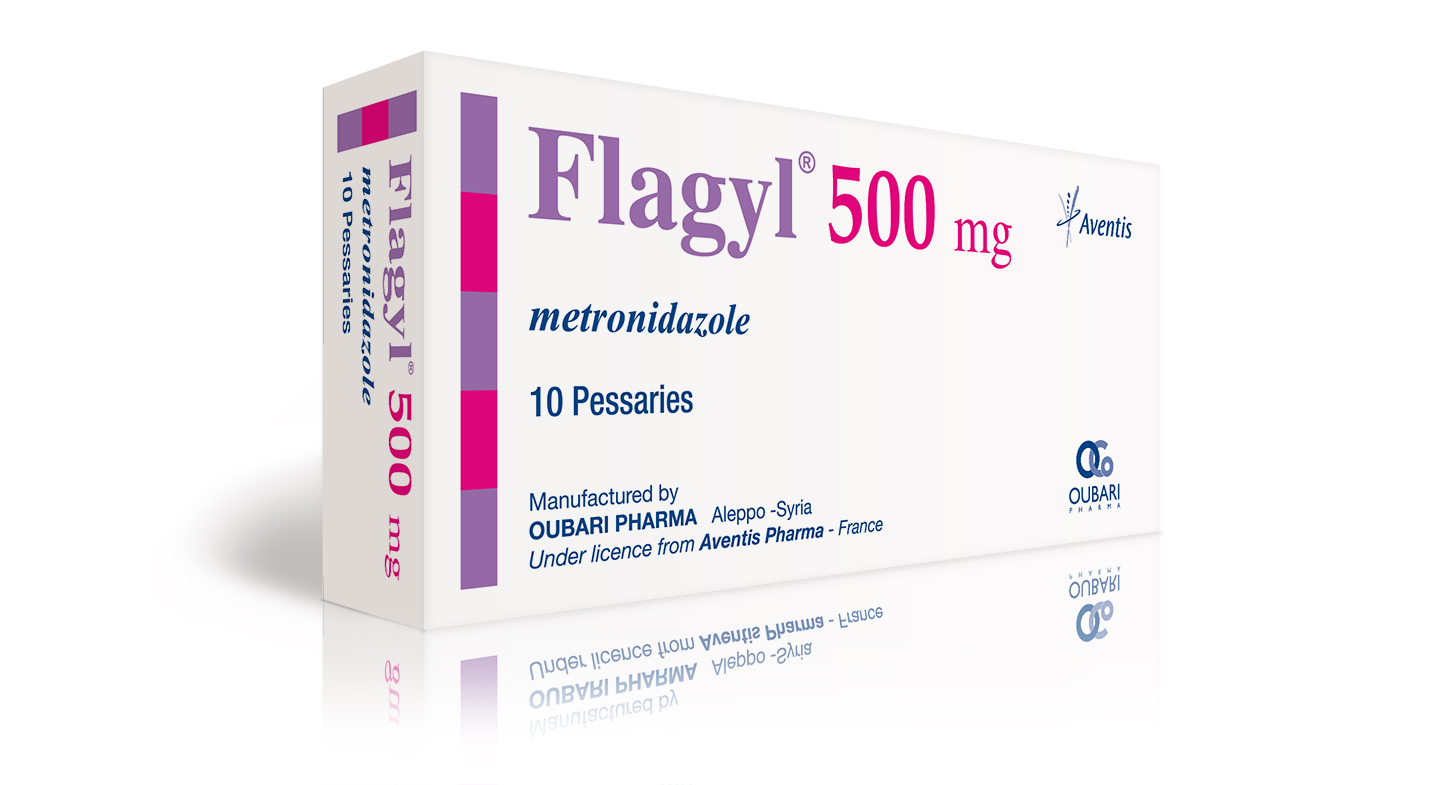Flagyl: Health Benefits & Risks
What are the health benefits of Flagyl?
Flagyl, also known by its generic name metronidazole, is an antibiotic medication that is used to treat a variety of bacterial and parasitic infections. Some of the health benefits of Flagyl include:
- Treatment of bacterial infections: Flagyl is effective against a wide range of bacteria, including those that cause infections in the gastrointestinal tract, reproductive organs, skin, and other parts of the body.
- Treatment of parasitic infections: Flagyl is also effective against certain parasites, such as Giardia lamblia and Entamoeba histolytica, which can cause infections in the gastrointestinal tract.
- Treatment of dental infections: Flagyl is sometimes used to treat dental infections, such as periodontal abscesses and dental infections caused by anaerobic bacteria.
- Treatment of bacterial vaginosis: Flagyl is commonly used to treat bacterial vaginosis, a common vaginal infection caused by an imbalance of bacteria in the vagina.
- Treatment of Helicobacter pylori infection: Flagyl is part of the treatment regimen for Helicobacter pylori infection, which can cause peptic ulcers and other gastrointestinal problems.
- Prevention of infections: Flagyl may be used to prevent infections before surgery, particularly in colorectal surgery, where there is a risk of bacterial contamination from the intestines.
It’s important to note that Flagyl should only be used to treat bacterial and parasitic infections as prescribed by a healthcare provider. Misuse or overuse of Flagyl can lead to antibiotic resistance and other complications. If you have any questions or concerns about Flagyl, talk to your healthcare provider.
What are the health risks of Flagyl?
Flagyl, also known as metronidazole, is generally considered safe and effective for most people when used as directed, but like all medications, it can cause side effects and carry certain health risks. It’s important to be aware of these risks and discuss them with your healthcare provider before starting treatment. Some of the health risks associated with Flagyl include:
- Gastrointestinal upset: Flagyl can cause gastrointestinal side effects, such as nausea, vomiting, diarrhea, and abdominal pain. These side effects are usually mild and improve with continued use.
- Allergic reactions: Some people may experience allergic reactions to Flagyl, including rash, itching, swelling, or difficulty breathing. These reactions can be serious and require immediate medical attention.
- Neurological side effects: In rare cases, Flagyl can cause neurological side effects, such as seizures, confusion, dizziness, and headaches. These side effects are more likely to occur with high doses or prolonged use of Flagyl.
- Peripheral neuropathy: Long-term use of Flagyl has been associated with peripheral neuropathy, a condition characterized by numbness, tingling, and pain in the hands and feet.
- Metallic taste: Flagyl can cause a metallic taste in the mouth, which can be bothersome for some people.
- Disulfiram-like reaction: Flagyl can cause a disulfiram-like reaction when taken with alcohol, characterized by symptoms such as flushing, headache, nausea, vomiting, and palpitations. It’s important to avoid alcohol while taking Flagyl and for at least 48 hours after finishing treatment.
- Blood disorders: Flagyl can affect blood cell counts, leading to a decrease in white blood cells, red blood cells, or platelets. This can increase the risk of infection, anemia, or bleeding.
- Liver toxicity: In rare cases, Flagyl can cause liver toxicity, which can be serious. It’s important to monitor liver function tests regularly while taking Flagyl.
It’s important to use Flagyl only as prescribed by a healthcare provider and to follow their instructions carefully. If you have any questions or concerns about Flagyl, talk to your healthcare provider.
TL; DR: Flagyl Summary
Flagyl is a brand name for the generic medication metronidazole, which is an antibiotic and antiprotozoal medication used to treat various bacterial and parasitic infections. Metronidazole is effective against a wide range of bacteria, including certain types of anaerobic bacteria and protozoa.
Flagyl is commonly prescribed to treat infections in the gastrointestinal tract, reproductive organs, skin, and other areas of the body. It is used to treat conditions such as bacterial vaginosis, trichomoniasis, amoebiasis, giardiasis, and certain types of dental infections.
Flagyl is available in various forms, including tablets, capsules, oral suspensions, and intravenous (IV) formulations. The dosage and duration of treatment with Flagyl will vary depending on the type of infection, the severity of the infection, and the individual’s medical history.
Common side effects of Flagyl may include nausea, headache, metallic taste in the mouth, dizziness, and upset stomach. More serious side effects are rare but can include allergic reactions, seizures, nerve damage, or liver problems. It is important to seek medical attention if you experience any severe or persistent side effects while taking Flagyl.
It is important to inform your healthcare provider about any existing medical conditions or medications you are taking before starting treatment with Flagyl, as it can interact with certain medications and may not be suitable for individuals with certain health conditions.
It is important to take Flagyl exactly as prescribed by your healthcare provider and to complete the full course of treatment, even if symptoms improve before the medication is finished. Do not take Flagyl for longer than prescribed or save it for future use, as this can contribute to antibiotic resistance.
If you have any questions or concerns about taking Flagyl, be sure to discuss them with your healthcare provider. It is important to seek medical attention if you have any concerns about your infection or experience any negative side effects while taking Flagyl.




